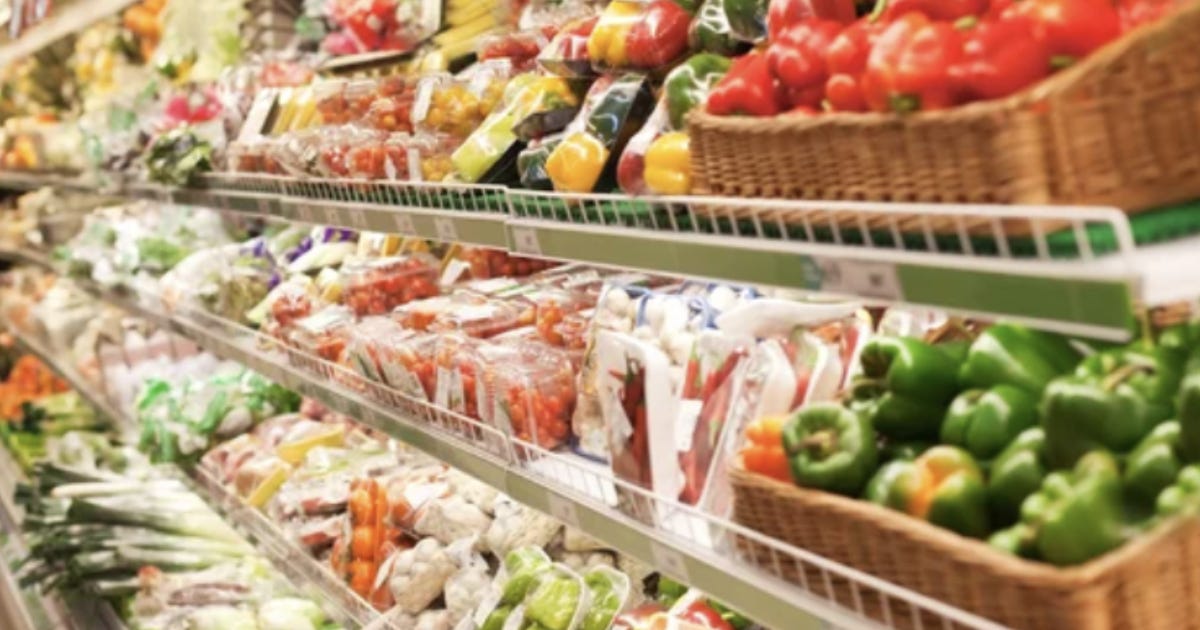OP-ED: The food industry’s new addiction to temporary foreign workers
Dr. Sylvain Charlebois writes, "Canada’s food industry has become addicted to the Temporary Foreign Worker Program (TFWP)."
Author: Dr. Sylvain Charlebois
Canada’s food industry has become addicted to the Temporary Foreign Worker Program (TFWP). The numbers tell a sobering story. In just a few months of enforcement data — from July to late September 2025 — Ottawa has listed 26 food-related employers found non-compliant with federal rules governing the program. That’s everything from oyster farms to sushi restaurants, cafés, and food processors. That’s nearly 40% of all companies fined during that period.
Collectively, these companies have been fined over $2 million and handed down multiple multi-year bans. The worst offender, Bolero Shellfish Processing Inc. in New Brunswick, was hit with a $1 million penalty and a 10-year ban from hiring temporary workers — a record-setting sanction that underscores how deeply entrenched this dependency has become in Canada’s food system.
Unlike the taxpayer-funded legacy media, Juno News receives no government money. Help us create more hard-hitting news and opinion just like this. Become a Juno News premium subscriber this weekend and save 20% off!
Yet most violations weren’t about mistreatment or abuse — they were bureaucratic. The vast majority of food businesses on the list were fined for failing to provide proper documents during inspections. In many cases, employers couldn’t produce proof of hours worked, wage payments, or housing conditions for their foreign employees when federal officers arrived. These aren’t isolated oversights; they’re symptoms of a system running on autopilot — one that relies on the constant inflow of temporary workers while neglecting compliance and transparency.
Even more revealing is that about 70% of these companies remain eligible to hire more temporary workers after paying relatively small fines, often between $5,000 and $15,000. Chains and independent operators alike — Donair Dude, Sushi 5, Pita Pit, and Subway among them — simply absorbed the penalties and moved on. For many, the TFWP is no longer a stopgap measure; it’s part of the business model.
Nine British Columbia companies in the food sector alone were found non-compliant — the highest of any province. Alberta and Quebec recorded serious cases too, with Trio Café in Calgary receiving an $83,000 fine and a five-year ban, and Hôtel Le Concorde Québec cited for repeated breaches.
But the biggest concern is what we don’t see. The federal database of sanctions only covers decisions made since July 2025. Many facilities have not yet been inspected, meaning this list is merely the tip of the iceberg. Beneath it lies a vast and under-audited system, sustained by foreign labour but barely monitored by the government agencies meant to oversee it.
This dependency didn’t appear overnight. The TFWP was designed to fill temporary labour shortages, especially in agriculture and food processing. But “temporary” has become a fiction. Today, entire segments of the food industry — from fish plants to fruit packers and restaurant kitchens — rely permanently on migrant labour. Without them, food wouldn’t get harvested, processed, or served.
Ottawa finds itself trapped. It knows the system is failing but can’t reform it without risking disruption in food production. Enforcement is reactive, not preventive. Employers who break the rules are fined but rarely barred for long, and those that are ineligible often resurface under new corporate names.
The result is an industry hooked on a short-term fix, unable — or unwilling — to invest in automation, domestic recruitment, or improved working conditions. The Temporary Foreign Worker Program, once a bridge for labour shortages, has become the foundation of the food economy itself.
— Sylvain Charlebois is director of the Agri-Food Analytics Lab at Dalhousie University, co-host of The Food Professor Podcast and visiting scholar at McGill University.





Liberals, addicted to foreign workers, drugs and toxic political ideology.
Sounds about right to me. If they got rid of the dei, woke teachings , reduced government spending dramatically, got rid of the insane climate bs laws, the whole situation would change dramatically for the betterment of the working class as well as businesses. We would be "for goodness sakes" a real successful nation. But when ruled by communists, it's nothing but poverty for the working slobs.